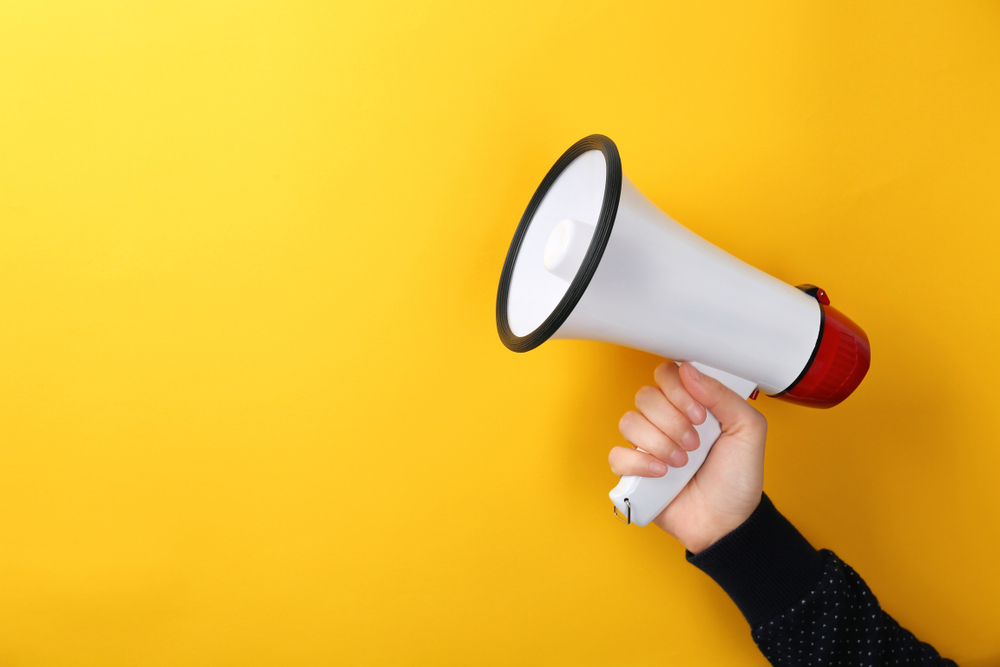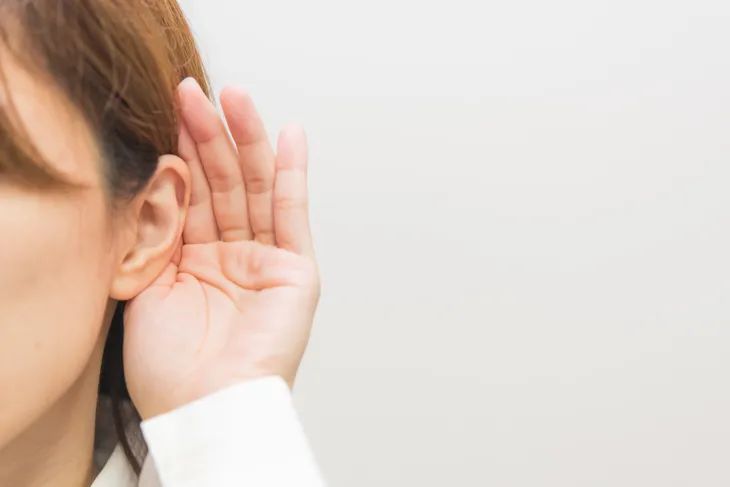Communication is not a one way exchange where you simply impart your message onto another. It’s the mutual sharing of information by transferring it from one place to another. Communication can be verbal, non-verbal, written, or by the use of visual aids such as graphs or charts.
Communication is a process involving a sender, a message, and a receiver. Poor communication can result in your message being misinterpreted, misunderstood, or being completely ignored. Effective communication can improve the quality of your business and social relationships resulting in less conflict and more productive and rewarding time spent with others.
Let’s explore how to improve communication in more detail…
Don’t Underestimate the Power of Non-Verbal Communication
Research conducted by Dr. Albert Mehrabian, Professor Emeritus in Psychology at UCLA, found that only 7-percent of a message is conveyed by words while 93-percent is conveyed by non-verbal communication (55-percent via body language and 38-percent via tone of voice). For example if a person whispers “I love you” while holding their spouse and gazing into their eyes the message is drastically different from a person striding away, snorting, and shouting in an angry voice, “I LOVE YOU?” Body language and tone are considered more honest forms of communication.
Social media such as Facebook, Twitter, and dating websites can pose serious communication problems as they rely exclusively on written communication. Even the telephone is a more reliable source of communication as it can help convey the caller’s sex, nationality, education, and mood. The internet has become a profitable place for predators to hide, creating false profiles, altering their age or sex with the click of a button. They can do this because the internet uses the most ineffective communication possible, that of the verbal message in written form.
Pay Attention
In today’s hectic world it’s often difficult to communicate without some sort of distraction. If you want to communicate effectively you will need to turn off the television, put away your iPod and cell phone and take your headphones off. The person receiving your message will need to do the same. This way you can focus on what and how you want to say something. Then pay attention to how the other person responds to your message.
What does their body language tell you? Are they upset? Happy? Did they shrug their shoulders? This information will help you assess whether or not your message came across as you intended. Are they paying attention or looking down at their feet? How about their facial expression or body tension? Do they look like they’re about to yell at you?
Practice Active Listening
Listening is the most crucial skill in communication yet most people are not good at it. In fact research has shown we remember only 25- to 50-percent of what we hear. Practicing active listening can help you strengthen this skill. This technique conveys that you care about the other person’s response, are paying attention and are really hearing what they have to say.
Active listening involves giving another person your undivided focus, maintaining eye contact, allowing them to finish what they are saying without judgement or interruption, taking note of their nonverbal messages, and paraphrasing or parroting back to them what they have just said. By using this technique you are making a concentrated effort to hear not only the words, but the complete message being sent.
Content vs. Context
Content is the message we wish to relay. Context is that which gives meaning to our message. People need to have meaning for what they hear in order to make sense of the message, but if none is provided they make up their own.
For example, if you were to receive a phone call from a man telling you he wants to shoot and blow up your house, your first instinct would be to call the police. If the man had identified himself first as a photographer for a home decorating magazine your reaction would have been completely different!
Say the Other Person’s Name
An individual’s name is one of the most emotionally powerful words to them. Our names have been programmed into us since childhood. Therefore, addressing a person by name creates an automatic and familiar bond.
You have to be careful how you say their name and whether to address them by their first name, first and last, or by a title (i.e., Mr., Mrs., or Ms., or Miss). If you say their name in a positive manner it can create positive emotions that make them feel good, and they will trust and respect you on a subconscious level without knowing why.








